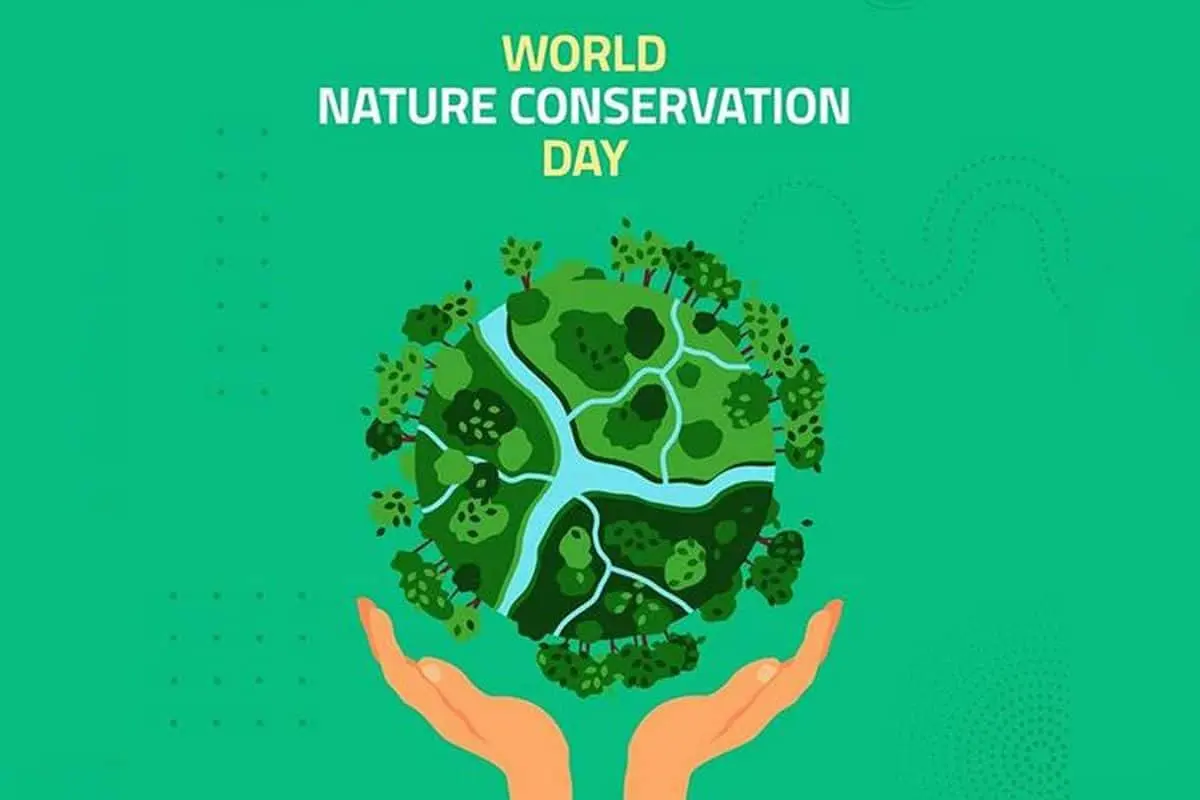World Nature Conservation Day: Nurturing Our Planet for Future Generations
World Nature Conservation Day, observed on July 28th each year, is a global reminder of our responsibility to protect and preserve the natural world. This day emphasizes the urgent need for sustainable practices to safeguard our environment, ensuring that future generations can enjoy the beauty and resources of our planet. In this blog, we'll explore the significance of World Nature Conservation Day, the current environmental challenges we face, and actionable steps we can all take to contribute to a healthier Earth.
The Significance of World Nature Conservation Day
The primary goal of World Nature Conservation Day is to raise awareness about the importance of preserving our natural resources. This day highlights the interconnectedness of human well-being and environmental health, promoting a harmonious relationship between people and nature. It encourages individuals, communities, and governments to prioritize conservation efforts and adopt sustainable practices in everyday life.
Major Environmental Challenges
The world faces numerous environmental challenges that threaten the health and stability of ecosystems. Some of the most pressing issues include:
- Climate Change: Rising global temperatures, changing weather patterns, and increasing frequency of extreme weather events are major concerns. Climate change affects biodiversity, agriculture, water resources, and human health.
- Deforestation: Large-scale deforestation for agriculture, logging, and urbanization leads to habitat loss, reduced biodiversity, and contributes to climate change by releasing stored carbon dioxide.
- Pollution: Air, water, and soil pollution from industrial activities, plastic waste, and chemical runoff degrade natural habitats and pose serious health risks to humans and wildlife.
- Biodiversity Loss: The extinction of species and the degradation of ecosystems disrupt ecological balance and reduce the planet’s ability to provide essential services, such as clean air and water.
- Overexploitation of Resources: Unsustainable use of natural resources, including overfishing, mining, and groundwater extraction, depletes vital resources and damages ecosystems.
Steps to Contribute to Nature Conservation
Everyone has a role to play in protecting and preserving the environment. Here are some practical steps to make a positive impact:
- Reduce, Reuse, Recycle: Minimize waste by reducing consumption, reusing items, and recycling materials. This helps decrease pollution and conserve natural resources.
- Support Sustainable Products: Choose products made from sustainable materials and produced through environmentally friendly practices. Look for certifications such as Fair Trade, Rainforest Alliance, and FSC.
- Conserve Water: Use water efficiently by fixing leaks, taking shorter showers, and using water-saving appliances. Water conservation helps protect freshwater ecosystems and ensures a sustainable supply for future generations.
- Plant Trees and Restore Habitats: Participate in tree-planting initiatives and habitat restoration projects. Trees absorb carbon dioxide, provide oxygen, and support biodiversity.
- Reduce Energy Consumption: Lower your carbon footprint by using energy-efficient appliances, reducing vehicle use, and supporting renewable energy sources such as solar and wind power.
- Educate and Advocate: Raise awareness about environmental issues and advocate for policies that promote conservation and sustainability. Engage in community projects, join environmental organizations, and support legislation that protects natural resources.
- Support Wildlife Conservation: Contribute to organizations dedicated to protecting endangered species and preserving natural habitats. Responsible tourism and supporting conservation efforts can make a significant difference.
Celebrating World Nature Conservation Day
World Nature Conservation Day is an opportunity to reflect on our impact on the environment and commit to positive change. Here are some ways to celebrate and promote conservation:
- Organize or Participate in Clean-up Drives: Join or organize local clean-up events to remove litter from parks, beaches, and other natural areas.
- Host Educational Workshops: Arrange workshops or webinars on topics like sustainable living, conservation techniques, and the importance of biodiversity.
- Create Awareness Campaigns: Use social media platforms to spread awareness about environmental issues and share tips on how to live more sustainably.
- Support Local Conservation Efforts: Volunteer with or donate to local conservation organizations working to protect natural areas and wildlife.
Conclusion
World Nature Conservation Day serves as a powerful reminder that the health of our planet is in our hands. By making conscious choices and adopting sustainable practices, we can collectively work towards a more resilient and vibrant environment. This July 28th, let's celebrate our natural world by taking steps to conserve its beauty and resources for future generations. Together, we can make a lasting impact and ensure a thriving planet for all living beings.

